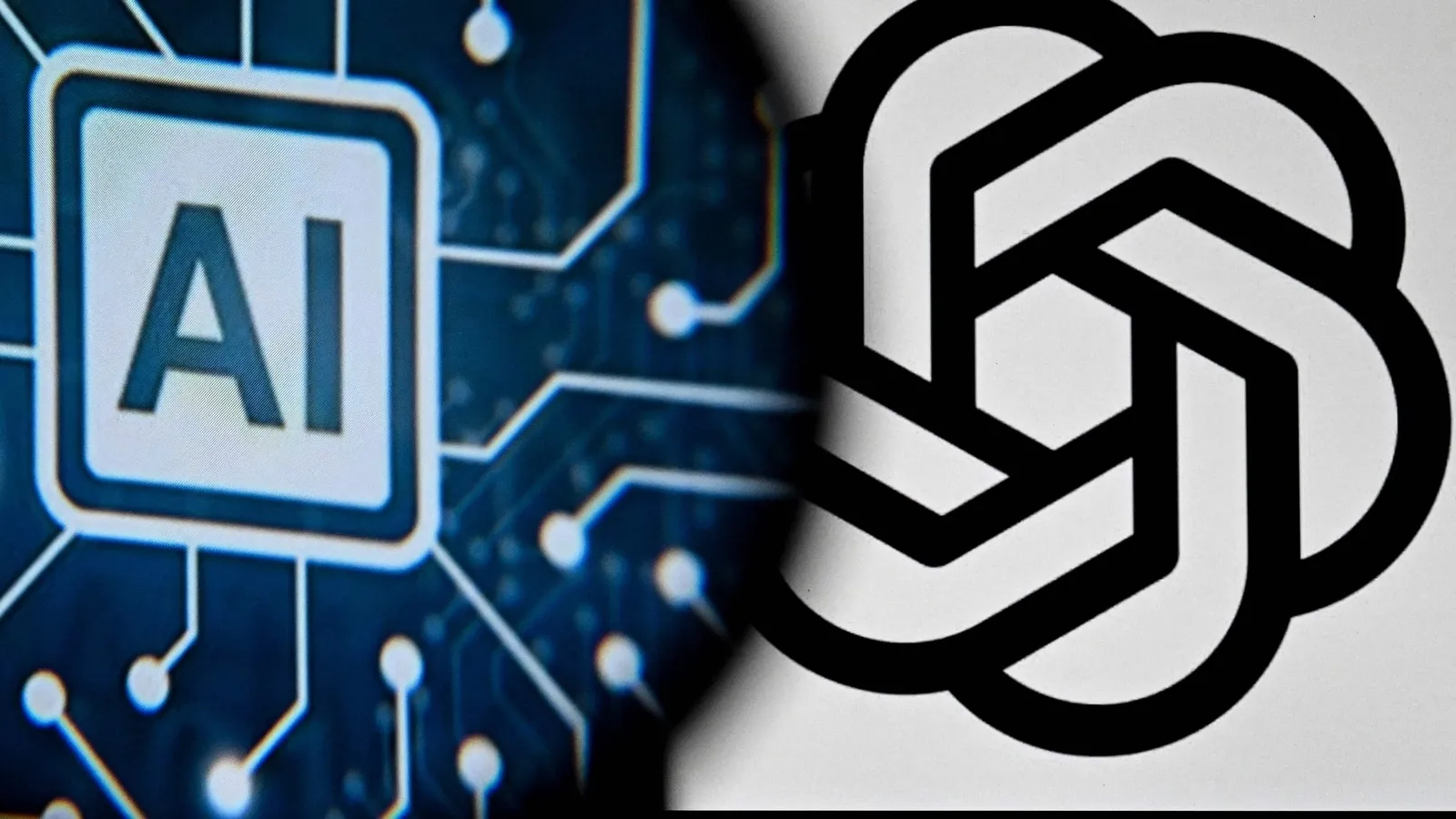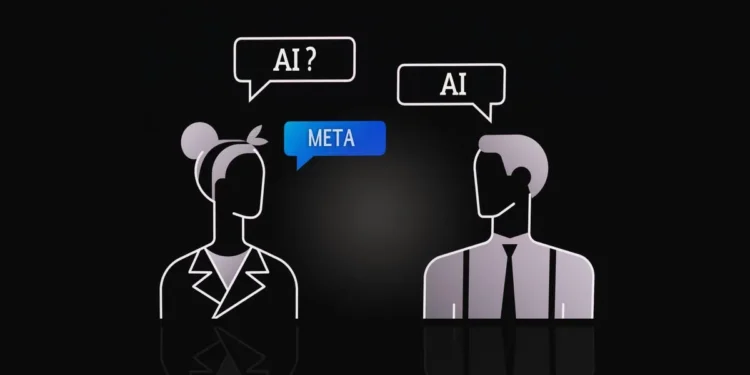In a candid discussion on the “Possible” podcast, Andrew Bosworth, Meta’s Chief Technology Officer, provided a nuanced breakdown of the current AI landscape among legacy tech giants. Bosworth’s insights reveal a tech industry at a pivotal juncture, with traditional powerhouses facing diverse challenges and opportunities in the rapidly evolving field of artificial intelligence.

Google’s Predicament and Microsoft’s Edge
Bosworth highlights a significant challenge for Google, suggesting that the tech giant might struggle to adapt its successful business model to fully leverage AI advancements. “Google has a business model challenge, right? Like, are they willing to undermine and cannibalize one of the most successful business models, if not the most successful business model, of all time?” he questioned. This internal tension could potentially hinder Google’s ability to fully harness its AI capabilities.
Conversely, Microsoft appears well-positioned to integrate AI into its suite of products, enhancing tools that are already integral to business and personal computing. “Microsoft, I think, is actually in a similarly strong position. Their products get better,” Bosworth explained. The synergy between Microsoft’s established products and new AI technologies may well bolster its standing in the tech industry.

Amazon’s Uncertain Middle Ground
Amazon’s situation in the AI race seems more ambiguous. While its cloud computing arm, AWS, could greatly benefit from AI innovations, the overall impact remains to be seen. Bosworth noted, “AWS certainly could be helped tremendously, but is it a race to the bottom, and they’re just adding one more incremental service?” The potential for significant advancement through AI in Amazon’s ecosystem exists, particularly with efforts to rejuvenate its Alexa platform through new partnerships and programs.
The Disruptive Potential of Startups and Meta’s Optimism
What truly excites Bosworth is the unpredictable potential of startups in the AI space. “The startups are a total wild card, and that’s what I love about them,” he remarked. This sentiment reflects a broader belief in the possibility of disruptive innovations emerging from newer, more agile players in the field.
Meta itself sees AI as an unequivocal boon, with Bosworth expressing nothing but optimism for its impact on the company’s products. “All of our products just get better,” he stated, reflecting the company’s substantial investment in AI technologies, including billions in funding this year alone.

As the AI race continues, the landscape is set for significant shifts. Legacy companies like Google, Microsoft, and Amazon each face unique challenges and opportunities, while startups provide an element of unpredictability that could reshape the industry. Bosworth’s insights not only underscore the complexities of the AI advancements but also highlight the dynamic nature of technological evolution where past success is no guarantee of future dominance. As AI continues to evolve, so too will the strategies of those seeking to harness its potential, making the tech industry a fascinating field to watch.









